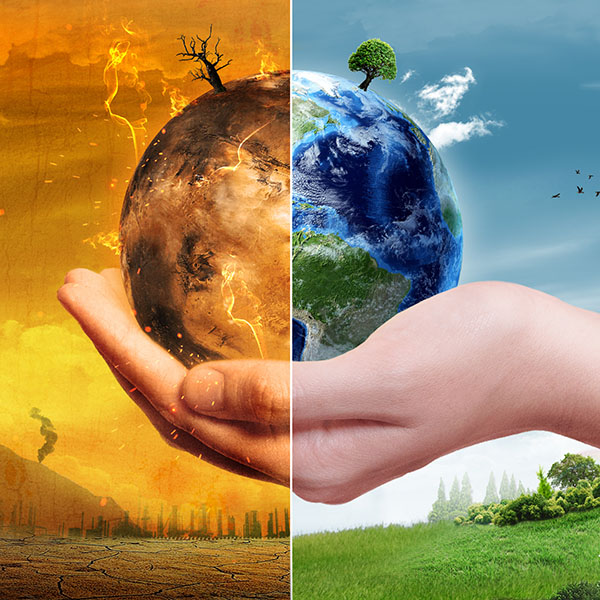EDGE Venues partners with Legends Global to expand access to standout UK venues
We have confirmed a new partnership with Legends Global, bringing our community of agency and corporate event professionals closer to some of the most unique,...

The impact of climate change and the potential final year of the Trump administration will be the two most important sources of travel risk in the year ahead, according to travel risk intelligence company Riskline.
The company’s analysts compiled a list of the top 10 travel risks to watch out for in 2020, and climate change topped the board for its potential to cause abnormal weather patterns and natural disasters such as hurricanes, heat waves and floods.
Scientists predict an 80% chance of an El Niño weather pattern occurring in 2020, bringing disastrous heavy rainfall and long droughts to countries around the Pacific Ocean and paving the way for mosquito-borne diseases.
Political, social and economic unrest caused by the US 2020 elections, Brexit and the US-China trade war could also cause travel disruption, according to Riskline’s experts.
Other major travel threats include Islamic terrorism, far-right terrorism, and the outbreak of infectious diseases amid on-going migration and a highly mobile world population.
Riskline also pointed to major sporting events like the Summer Olympics in Japan, the UEFA Euro, the Copa América in Argentina and Colombia and the three cycling Grand Tours as likely to pose risks to travellers in 2020 due to overcrowding, terrorism or potential labour strikes.
Internet blackouts could also cause problems to travellers, as well as civil protests and water shortages in regions such as India and Pakistan, and in Middle Eastern countries such as Iran, Iraq and Lebanon.
Riskline’s Director of Operations, Adam Schrader, says: “All of the predicted risks we’ve shared are equally important, but two of them in particular will underpin the most dangerous security threats in 2020: the ongoing effects of climate change and the potential final year of the Trump administration.
“In the case of the former, it will be the mostly unseen, long-term effects that are the greater danger, as droughts or floods destroy land and livelihoods and become the catalysts for new violent conflicts and forced migration.
“Meanwhile the prospect that 2020 could be the final year of the Trump presidency bodes ill for international peace. Both allies and antagonists of the United States may feel that the level of impunity they have enjoyed in foreign affairs since 2016 may be coming to an end.”